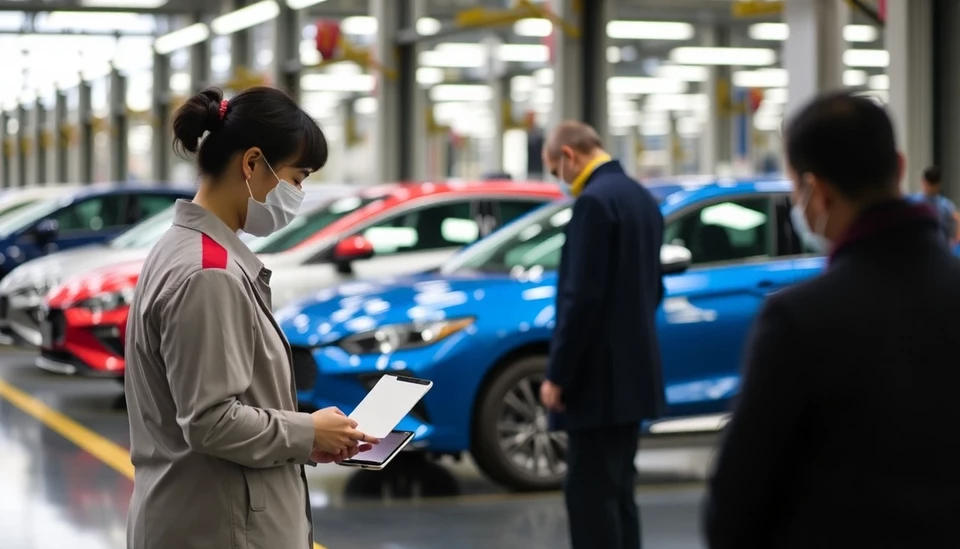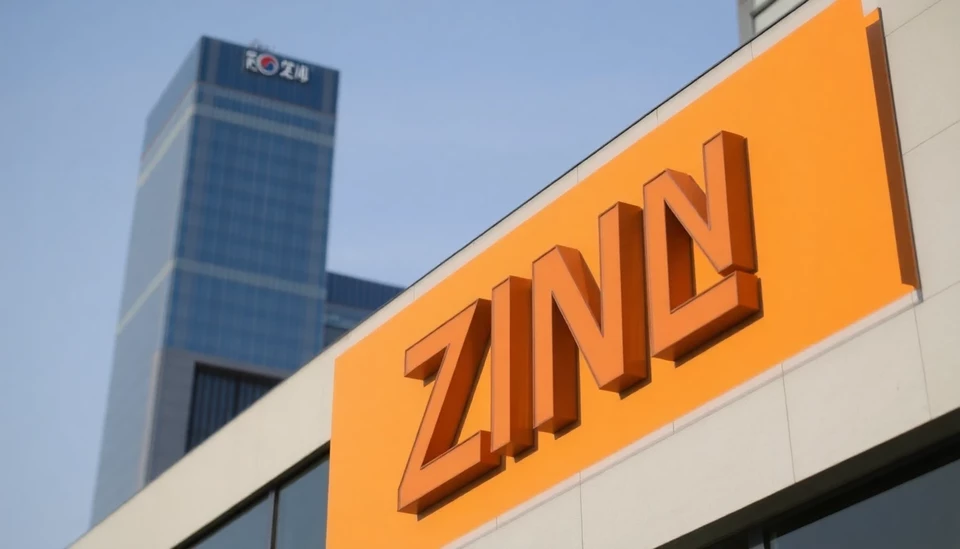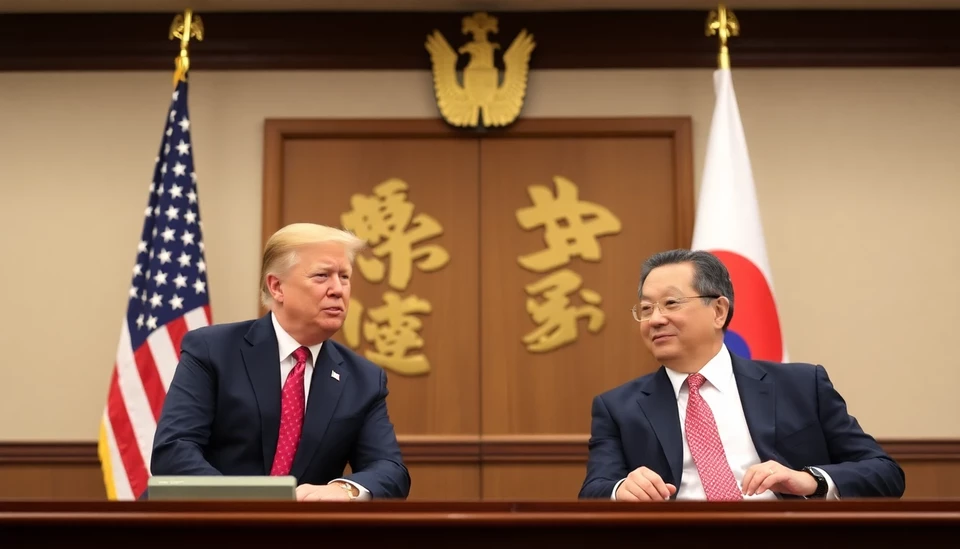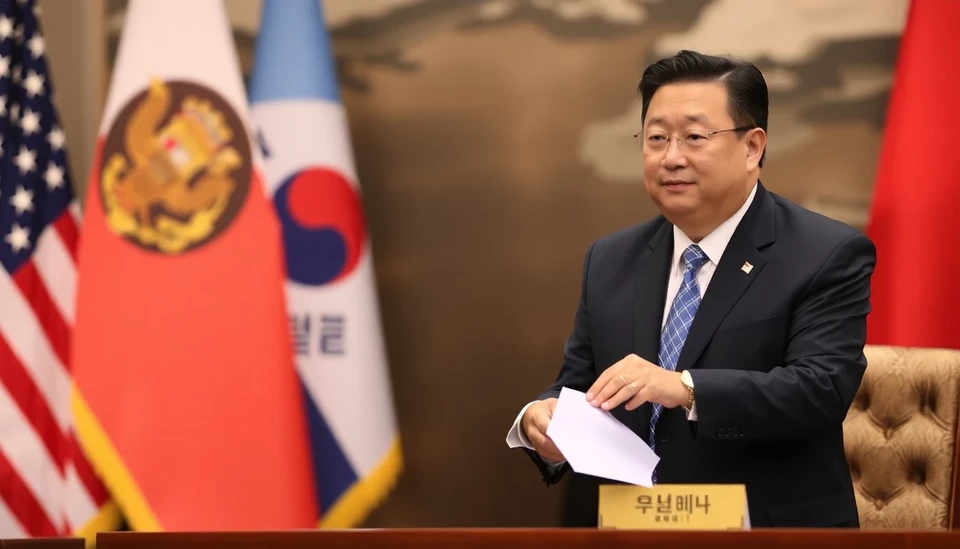
In a major fiscal initiative aimed at bolstering its beleaguered auto sector, the South Korean government has revealed a substantial $2 billion aid package. This strategic move is primarily a response to the troubling impacts of tariffs that have hit the automobile industry hard, affecting both production and international competitiveness.
The comprehensive aid plan was announced by the South Korean Ministry of Trade, Industry, and Energy, underscoring the government’s commitment to supporting domestic automakers that are grappling with elevated costs and declining market shares due to tariffs imposed by various nations. This infusion of funds is expected to provide a significant cushion for automotive companies, enabling them to adapt to rapidly changing market conditions and maintain their competitiveness on the global stage.
Key components of the aid package will include financial support aimed at innovation and technology development, particularly in areas such as electric vehicles (EVs) and autonomous driving technologies. These strategic investments are designed to position South Korean automakers favorably in the increasingly competitive global automotive landscape, where consumers are shifting towards more sustainable and advanced vehicle options.
Additionally, the government plans to funnel resources towards enhancing research and development capabilities among local companies, further fostering innovation within the sector. This approach not only aims to mitigate the immediate adverse effects of tariffs but also prepares the industry for long-term growth and sustainability.
The announcement has been met with a positive reception from industry stakeholders and labor unions alike, many of whom have echoed the urgent need for governmental intervention. As the auto market evolves and external pressures escalate, this timely support is seen as essential for securing jobs and stabilizing the sector amidst economic fluctuations.
Experts predict that, if leveraged correctly, the aid could lead to a resurgence in the domestic auto industry, helping it to not only recover from current challenges but also to thrive in future markets. Political analysts also note that this bold step could enhance public support for the government as it combats economic uncertainty on multiple fronts.
This financial commitment aligns with South Korea’s broader economic strategy, which seeks to foster resilient industries capable of navigating the intricacies of international trade dynamics. By prioritizing the automotive sector, the government is reinforcing its dedication to maintaining South Korea’s status as a leading player in the global automobile market.
In conclusion, the South Korean government's $2 billion aid package serves not only as a means to alleviate current pressures but also as a crucial investment to drive future innovation and industry leadership in the automotive sector. As the country moves forward, stakeholders across the industry will be watching closely to see how effectively these funds are deployed and what impact they will have on both the local economy and international competitiveness.
#SouthKorea #AutoIndustry #EconomicAid #TariffImpact #Innovation #ElectricVehicles #AutomotiveNews #GovernmentSupport
Author: Laura Mitchell




